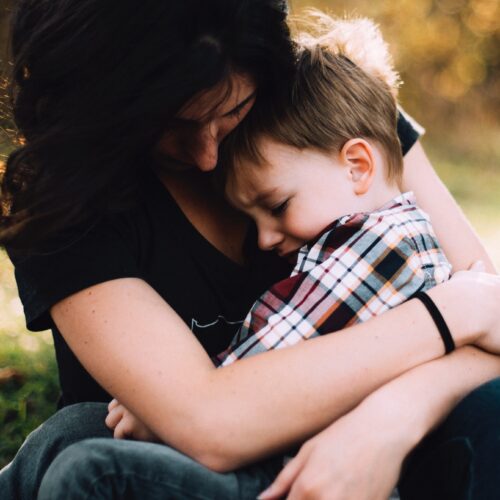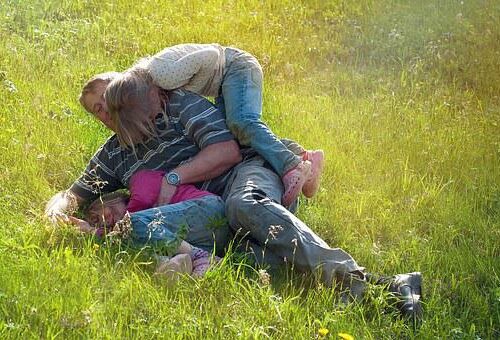Menu

Participants are required to have their cameras on for an interactive experience.
Maximum of two people per screen
Sessions are recorded for quality assurance purposes. They are only viewed by SCTS staff and deleted within 14 days.
From: £370.00 3 hours
This course and the following modules will equip you with practical resources and strategies for skillfully demonstrating therapeutic engagement using PACE. We'll also provide you with recording methods that will help you showcase your impactful work to Ofsted and other partner agencies.
Please ensure that the PACE Foundations course is completed beforehand.
This course is part of the PACE suit. If you are looking for a course purely on Promoting Positive Behaviour and De-escalation, this one is more appropriate.
You can see what others are saying about our training HERE.
Our PACE suite is suitable for a wide range of individuals. We recommend a yearly refresher to ensure that practices stay fresh and to help prevent the worker from reverting to the style of parenting they experienced:
Those seeking to be certified in Dyadic Developmental Psychotherapy (DDP) are invited to visit the founder's website.
Format: This is a live training session through "Zoom". It includes taught sections, small group work, work in pairs, and whole group discussions.
Hand-outs & Certificates: Downloadable resource library and certificates of attendance are provided.




This option is aimed at an audience with prior knowledge of the subject and isn’t suitable for. Those that are new to the subject would be better with our standard course.
We recognise that sometimes groups need more time for discussions and group work. This can mean that a two-hour session is just not long enough to explore the curriculum and engage in question and answer sessions. So we are you offering the opportunity to extend the session by an hour to allow your trainees the chance to explore the curriculum fully!